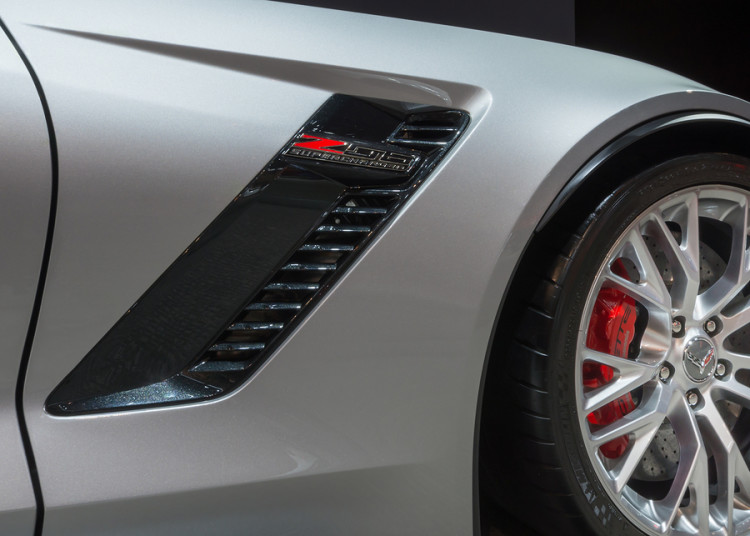Alphabet’s Waymo Alleges Uber Stole Self-Driving Secrets

published Feb 23rd 2017, 7:15 pm, by Mark Bergen and Kartikay Mehrotra
(Bloomberg) —
It took Alphabet Inc.’s Waymo seven years to design and build a laser-scanning system to guide its self-driving cars. Uber Technologies Inc. allegedly did it in nine months.
Waymo claims in a lawsuit filed Thursday that was possible because a former employee stole the designs and technology and started a new company.
The complaint intensifies Alphabet’s rivalry with Uber, one of the Internet giant’s largest investments, and reflects an escalating talent war in the burgeoning autonomous-driving arena as tech and auto companies alike compete for skilled engineers. Legal fights are multiplying after General Motors Co. and Uber valued upstarts — each with just a few dozen employees — as worth hundreds of millions of dollars in separate acquisitions last year.
Waymo accuses several employees of Otto, a self-driving startup Uber acquired in August for $680 million, of lifting technical information from Google’s autonomous car project. The “calculated theft” of Alphabet’s technology earned Otto’s employees more than $500 million, according to the complaint in San Francisco federal court.
“We take the allegations made against Otto and Uber employees seriously and we will review this matter carefully,”’ Uber spokeswoman Chelsea Kohler said in an e-mail.
The claims in Thursday’s case include unfair competition, patent infringement and trade secret misappropriation.
“Fair competition spurs new technical innovation, but what has happened here is not fair competition,” Waymo said in the complaint. “Instead, Otto and Uber have taken Waymo’s intellectual property so that they could avoid incurring the risk, time, and expense of independently developing their own technology.”
Waymo was inadvertently copied on an e-mail from one of its vendors, which had an attachment showing an Uber lidar circuit board that had a “striking resemblance” to Waymo’s design, according to the complaint.
14,000 Files
Anthony Levandowski, a former manager at Waymo, in December 2015 downloaded more than 14,000 proprietary and confidential files, including the lidar circuit board designs, according to the complaint. He also allegedly created a domain name for his new company and confided in some of his Waymo colleagues of plans to “replicate” its technology for a competitor.
“Misappropriating this technology is akin to stealing a secret recipe from a beverage company,” Waymo wrote in a blog post explaining the suit.
Levandowski left Waymo in January 2016 and went on in May to form Otto LLC, which planned to develop hardware and software for autonomous vehicles.
“These are very serious allegations, if true,” said Tyler Ochoa, a professor at Santa Clara University School of Law. “The trade secret case by itself is a blockbuster.”
Waymo’s complaint contains such specific information about the devices used and the dates the information was downloaded that it’s “hard to believe they’d put those accusations into print unless they had evidence,” Ochoa said in an interview.
Alphabet’s venture capital arm, GV — formerly known as Google Ventures — is an early backer of Uber.
Waymo’s lawsuit is ill-timed for Uber, a company already mired in crisis over allegations of sexual harassment and recently beset by customer losses due to ties to President Donald Trump. Uber this week set up a commission led by former U.S. attorney general Eric Holder to investigate a former developer’s allegations of sexual harassment and discrimination by her manager. Weeks earlier, Chief Executive Officer Travis Kalanick stepped down from the president’s business advisory council after customers defected, citing his affiliation with Trump.
Confidentiality Agreement
Tesla Motors Inc., meanwhile, is suing the former head of its Autopilot program over claims he broke his confidentiality agreement with the company when he founded a startup with a former Google car engineer. In January, the electric carmaker accused Sterling Anderson of starting working last summer on the autonomous car venture, Aurora Innovation LLC, that he set up with Chris Urmson, the former head of Google’s self-driving car project. Anderson left Tesla in December.
In another dispute over intellectual property in the self-driving space, Google in December accused a former employee of breaching his contract obligations over possession and use of confidential information when he went to work for startup Drive.ai.
The Alphabet case is Waymo LLC v. Uber Technologies Inc., 17-cv-00939, U.S. District Court, Northern District of California (San Francisco).
–With assistance from Joe Schneider, Joel Rosenblatt and Dana Hull.To contact the reporters on this story: Mark Bergen in San Francisco at mbergen10@bloomberg.net ;Kartikay Mehrotra in San Francisco at kmehrotra2@bloomberg.net To contact the editors responsible for this story: Jillian Ward at jward56@bloomberg.net Peter Blumberg
COPYRIGHT
© 2017 Bloomberg L.P



No Comment